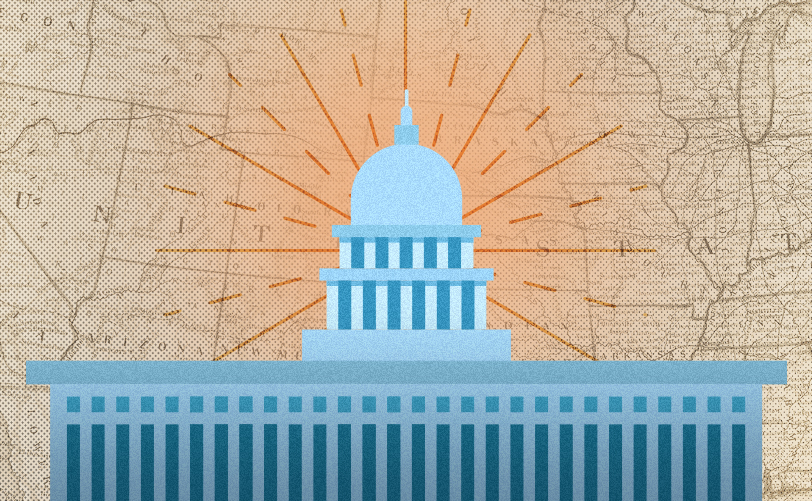
What the “Phase 3,” $2 trillion stimulus/COVID-19 response legislation means for the healthcare industry

While some argue that this legislation is not really an economic “stimulus” at all and just a mechanism to protect Americans and businesses from sliding faster toward bankruptcy, the package—which the House votes on March 28—arrives just in time. In New York City, every single ICU bed (1,800) is expected to be full by that day.
For employers: Group health plans will be required to pay providers the cash price they list on their website for services related to COVID-19 testing and other diagnostic visits if they do not have a contract in place. If there is a contract in place, the plan or the issuer will pay the negotiated rate.
- Payroll: Employers receive a tax credit for keeping workers on payroll during this time and would get a refund for half of what they spend on wages up to $5,000/employee if they can prove that they took a 50% hit compared to the same quarter in previous years. In addition, they would be able to defer the 6.2% payroll tax they pay on wages used to fund Social Security.
- Paid Sick Leave: Employers can receive advances on anticipated tax credits for paid family leave costs. There is a $200 per day and $10,000 total cap on paid leave per employee.
- Unemployment: Workers who lose their jobs can receive $600 per week on top of state unemployment benefits for up to four months. 3.3 million people filed for unemployment between March 16-19, which is the biggest spike in filings in U.S. history. Of note: Workers who are laid off have the ability to sign up for a health plan on the Affordable Care Act’s marketplaces.
Why this is significant: The stimulus package and the previous two relief bills passed by Congress prioritize patients and consumers—and help to ease the liquidity gap many companies are facing. While there is some relief for employers, there is still much to be addressed, including clarification on premium grace periods, mandatory coverage items, and what qualifies as a 500-life group.
For insurers: While the industry asked for an emergency fund to offset a still unknown amount of losses as well as premium subsidies to help fund COBRA coverage, they did not receive it.
Why this is significant: Health insurers and other stakeholders do not yet know how much money health plans stand to lose during this pandemic because of the potential number of hospitalizations.
For hospitals: More than $100 billion would be directed—no strings attached—to hospitals and providers, especially hospitals in rural or low income areas. For hospitals treating Medicare patients for the coronavirus, they will receive a 20% increase in payment for all services.
Why this is significant: Those facilities were already struggling before this global health crisis as a result of narrowing Medicare reimbursements and a lack of patients with lucrative private insurance. The hospitals serving small-town America survive on elective surgeries, physical therapy and lab tests—services that have for the most part been postponed or suspended as the healthcare system turns its full attention to COVID-19. One note: The Trump administration will receive $200 million to invest in services and tools that enable providers to virtually connect with patients.
The stimulus package gaps:
- Patients who become hospitalized as a result of contracting the virus could receive surprise medical bills.
- There are no subsidies provided for COBRA coverage, which employers wanted for individuals who lost their jobs.
More details on the “Phase 3,” $2 trillion stimulus/COVID-19 response legislation.




